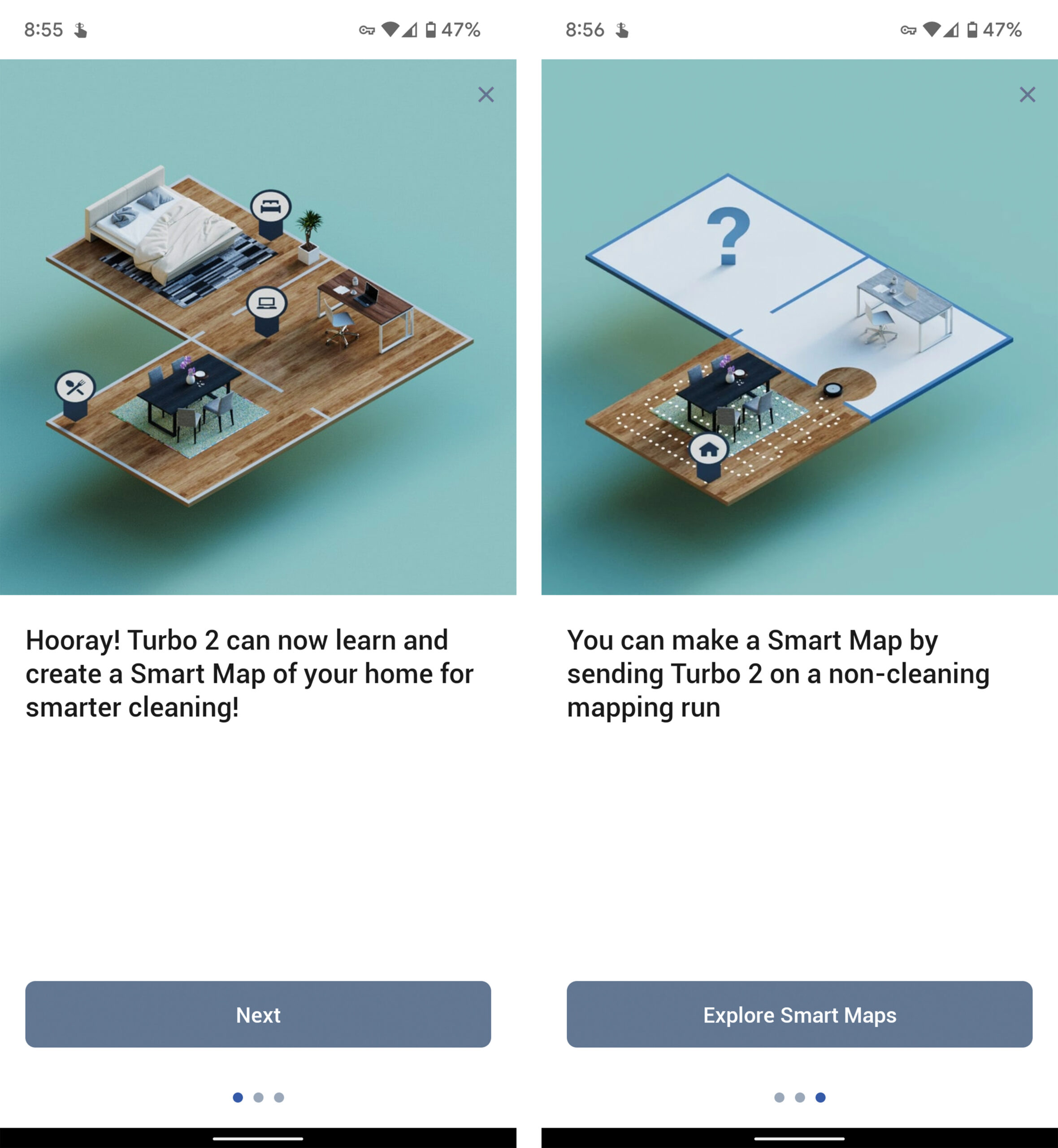The Connectivity Standards Alliance (CSA) has delayed the upcoming Matter smart home standard once again.
Matter, formerly Project Connected Home over IP (CHIP) was expected to launch this summer. However, the CSA confirmed to The Verge that it’s pushing back the launch to fall.
The delay will give the CSA time to finalize the software development kit (SDK) that manufacturers can use to incorporate products into the Matter ecosystem. Matter, for those who haven’t followed the project, is meant to help unite the various smart home devices and ecosystems so that everything works together.
It’s worth noting this isn’t the first delay for Matter. Back when it was called CHIP, the platform was intended to launch in 2021. Following the rebrand, Matter got pushed back to mid-2022.
The CSA says that it will have the SDK completed in Q2 and will make a version of the specification available to members in June. With the new timeline, we could see Matter-certified products this year, but likely not as many as originally planned.
Moreover, the CSA attributed the delay to a larger-than-expected number of platforms adopting Matter. Specifically, the alliance told The Verge it had expected four or five platforms, but the number has swelled to more than 16. With more platforms, the CSA needs to do more to make sure the code supports everything as well as give more time for companies to test products.
While certainly a bummer, hopefully, the delay will help ensure a smooth launch for Matter when it finally arrives in the fall.
Header image credit: CSA











